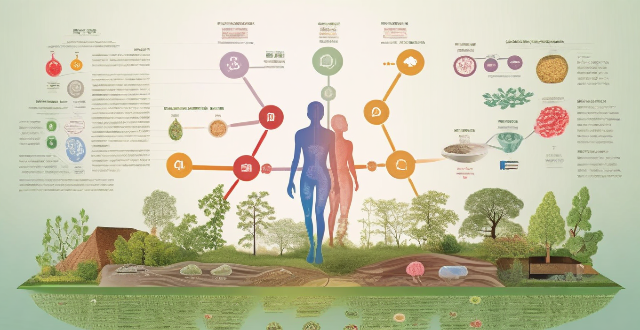Aging is a complex biological process that affects all living organisms, involving a gradual decline in physical and mental functions over time. Exercise physiology, the study of how the body responds to exercise, plays a crucial role in understanding the aging process and its effects on physical performance. As we age, our muscle mass and strength tend to decrease, cardiovascular fitness reduces, and joint pain and stiffness become more common. Exercise physiology helps us understand how the body adapts to regular physical activity at different stages of life, preventing age-related declines and promoting healthy aging through targeted exercise programs.

Exercise Physiology and Its Contribution to Understanding Aging
Introduction
Aging is a complex biological process that affects all living organisms. It involves a gradual decline in physical and mental functions over time. Exercise physiology, the study of how the body responds to exercise, plays a crucial role in understanding the aging process and its effects on physical performance.
Effects of Aging on Physical Performance
- Muscle Mass and Strength Decline: As we age, our muscle mass and strength tend to decrease. This can lead to reduced mobility and increased risk of falls.
- Decreased Cardiovascular Fitness: Aging also affects cardiovascular fitness, leading to reduced endurance and stamina during physical activities.
- Joint Pain and Stiffness: Arthritis and other joint issues become more common with age, causing pain and stiffness that can limit physical activity.
Role of Exercise Physiology
Understanding Adaptations to Exercise
Exercise physiology helps us understand how the body adapts to regular physical activity at different stages of life. By studying these adaptations, researchers can develop targeted exercise programs for older adults that help maintain or even improve their physical performance.
Preventing Age-Related Declines
Regular exercise has been shown to slow down or even reverse some of the negative effects of aging on physical performance. For example:
- Resistance Training: Can increase muscle mass and strength in older adults, reducing the risk of falls and improving overall mobility.
- Aerobic Exercise: Enhances cardiovascular fitness, increasing endurance and stamina.
- Flexibility and Balance Training: Can reduce joint pain and stiffness while improving stability and coordination.
Promoting Healthy Aging
Exercise physiology not only addresses the physical aspects of aging but also contributes to overall health and well-being. Regular physical activity has been linked to improved cognitive function, better mood, and reduced risk of chronic diseases such as diabetes and heart disease.
Conclusion
In conclusion, exercise physiology plays a vital role in understanding the aging process and its effects on physical performance. By studying how the body responds to exercise at different ages, researchers can develop effective strategies to mitigate the negative effects of aging and promote healthy aging through regular physical activity.